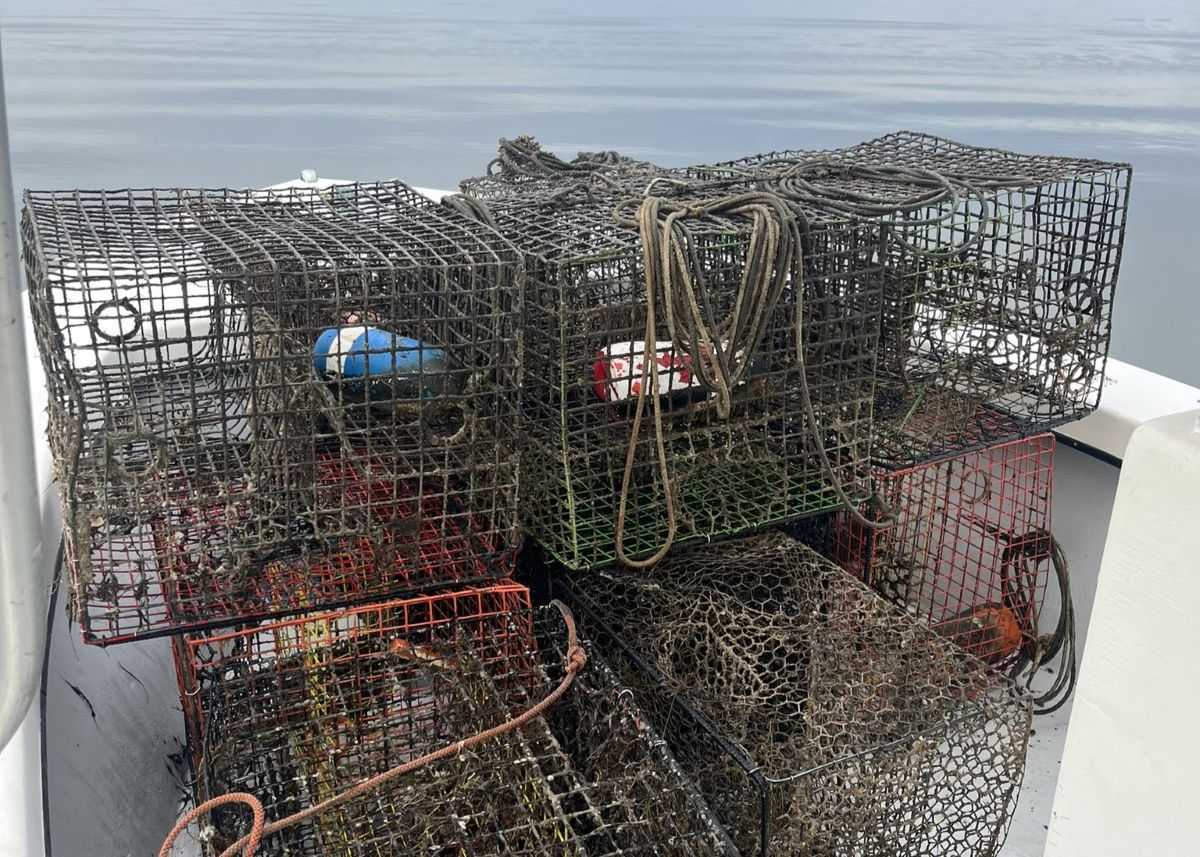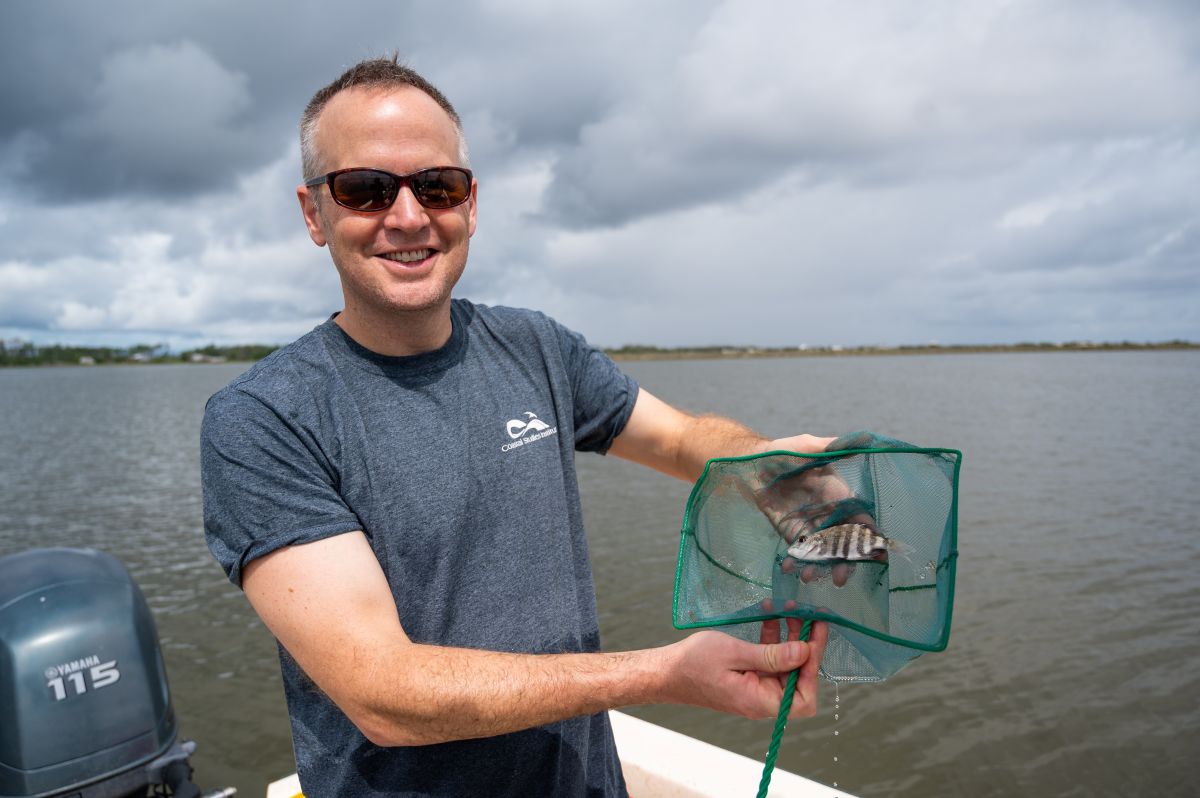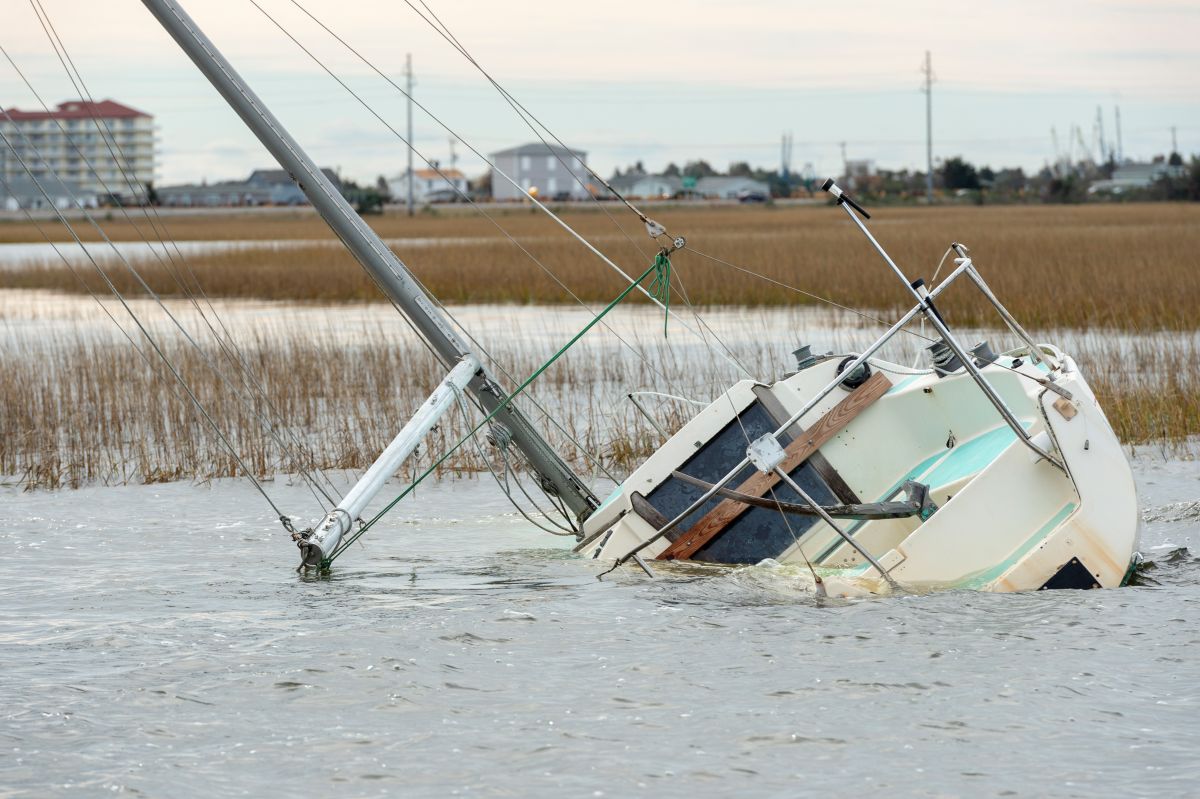 A permit for a water treatment system has been issued to Chemours Fayetteville Works site to remove per- and polyfluoroalkyl substances, or PFAS, from a contaminated stream currently flowing into the Cape Fear River, the North Carolina Department of Environmental Quality announced Friday.
A permit for a water treatment system has been issued to Chemours Fayetteville Works site to remove per- and polyfluoroalkyl substances, or PFAS, from a contaminated stream currently flowing into the Cape Fear River, the North Carolina Department of Environmental Quality announced Friday.
The treatment system is designed to remove PFAS from the stream referred to as Old Outfall 002 that carries PFAS from residual contamination at the site, including groundwater that flows from under the facility and through contaminated soil, into the Cape Fear River.
Supporter Spotlight
According to the 2019 Consent Order between DEQ, Cape Fear River Watch and Chemours, the treatment system, which is required to remove at least 99% of PFAS from the stream to reduce impacts on communities downstream, must be operating by Sept. 30.
“The treatment system will immediately reduce the amount of PFAS contamination reaching downstream communities,” said Assistant Secretary for the Environment Sheila Holman in a statement. “When combined with the measures required in the proposed Addendum to the Consent Order, communities along the Cape Fear River will continue to see additional PFAS reductions at their water intakes as each step is implemented in the months ahead.”
The permit does not apply to process wastewater, which Chemours is prohibited from discharging and has been prohibited from discharging since 2017.
The permit requires testing of the influent and effluent to verify at least 99% percent removal efficiency, in addition to specific discharge limits. Based on public input, the final permit was adjusted to clarify that filter backwash from the treatment system must be collected and treated before discharge. Additional information on the permit is provided in the response to comments document posted with the final permit and fact sheet here.
Since 2017, DEQ actions and the Consent Order have stopped the discharge of process wastewater to the Cape Fear River, identified and reduced air emissions by more than 99% and initiated groundwater remediation efforts.
Supporter Spotlight
This treatment system permit is one of several measures in the Consent Order and proposed addendum to address residual contamination and reduce PFAS pollution impacts to the Cape Fear River and downstream communities on an expedited basis.







